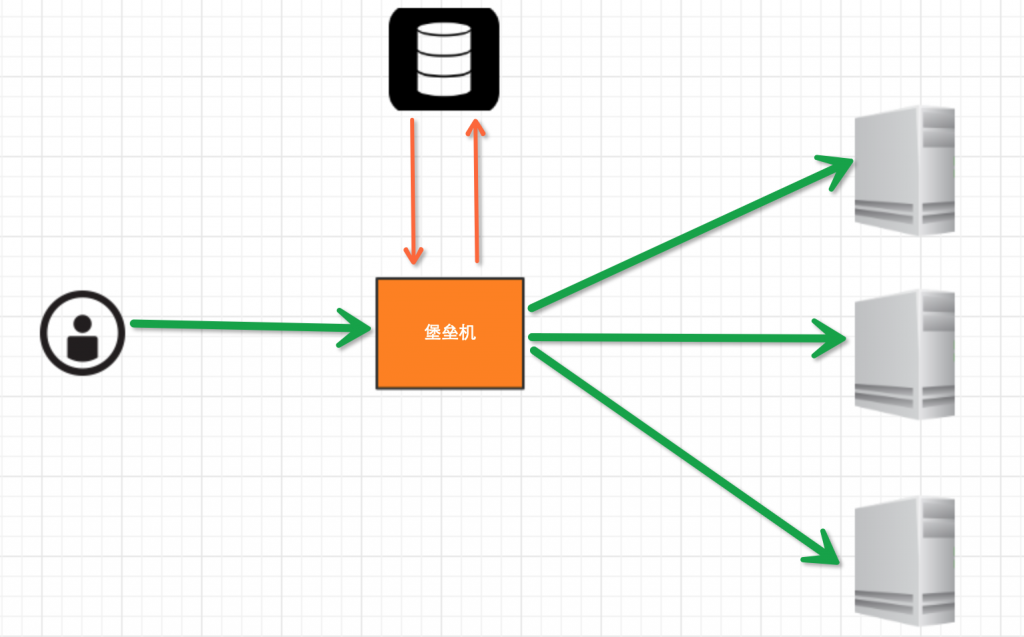知道如何快速在命令行或者python脚本中实例化一个浏览器通常是非常有用的。
每次我需要做任何关于web的自动任务时,我都使用这段python代码去模拟一个浏览器。
import mechanize
import cookielib
# Browser
br = mechanize.Browser()
# Cookie Jar
cj = cookielib.LWPCookieJar()
br.set_cookiejar(cj)
# Browser options
br.set_handle_equiv(True)
br.set_handle_gzip(True)
br.set_handle_redirect(True)
br.set_handle_referer(True)
br.set_handle_robots(False)
# Follows refresh 0 but not hangs on refresh > 0
br.set_handle_refresh(mechanize._http.HTTPRefreshProcessor(), max_time=1)
# Want debugging messages?
#br.set_debug_http(True)
#br.set_debug_redirects(True)
#br.set_debug_responses(True)
# User-Agent (this is cheating, ok?)
br.addheaders = [('User-agent', 'Mozilla/5.0 (X11; U; Linux i686; en-US; rv:1.9.0.1) Gecko/2008071615 Fedora/3.0.1-1.fc9 Firefox/3.0.1')]
现在你得到了一个浏览器的示例,br对象。使用这个对象,便可以打开一个页面,使用类似如下的代码:
# Open some site, let's pick a random one, the first that pops in mind:
r = br.open('http://google.com')
html = r.read()
# Show the source
print html
# or
print br.response().read()
# Show the html title
print br.title()
# Show the response headers
print r.info()
# or
print br.response().info()
# Show the available forms
for f in br.forms():
print f
# Select the first (index zero) form
br.select_form(nr=0)
# Let's search
br.form['q']='weekend codes'
br.submit()
print br.response().read()
# Looking at some results in link format
for l in br.links(url_regex='stockrt'):
print l
如果你访问的网站需要验证(http basic auth),那么:
# If the protected site didn't receive the authentication data you would
# end up with a 410 error in your face
br.add_password('http://safe-site.domain', 'username', 'password')
br.open('http://safe-site.domain')
由于之前使用了Cookie Jar,你不需要管理网站的登录session。也就是不需要管理需要POST一个用户名和密码的情况。
通常这种情况,网站会请求你的浏览器去存储一个session cookie除非你重复登陆,
而导致你的cookie中含有这个字段。所有这些事情,存储和重发这个session cookie已经被Cookie Jar搞定了,爽吧。
同时,你可以管理你的浏览器历史:
# Testing presence of link (if the link is not found you would have to # handle a LinkNotFoundError exception) br.find_link(text='Weekend codes') # Actually clicking the link req = br.click_link(text='Weekend codes') br.open(req) print br.response().read() print br.geturl() # Back br.back() print br.response().read() print br.geturl()
下载一个文件:
# Download
f = br.retrieve('http://www.google.com.br/intl/pt-BR_br/images/logo.gif')[0]
print f
fh = open(f)
为http设置代理
# Proxy and user/password
br.set_proxies({"http": "joe:password@myproxy.example.com:3128"})
# Proxy
br.set_proxies({"http": "myproxy.example.com:3128"})
# Proxy password
br.add_proxy_password("joe", "password")
但是,如果你只想要打开网页,而不需要之前所有神奇的功能,那你可以:
# Simple open?
import urllib2
print urllib2.urlopen('http://stockrt.github.com').read()
# With password?
import urllib
opener = urllib.FancyURLopener()
print opener.open('http://user:password@stockrt.github.com').read()
你可以通过 mechanize官方网站 , mechanize文档 和ClientForm的文档 了解更多。
原文来自:http://reyoung.me/index.php/2012/08/08/%E7%BF%BB%E8%AF%91%E4%BD%BF%E7%94%A8python%E6%A8%A1%E4%BB%BF%E6%B5%8F%E8%A7%88%E5%99%A8%E8%A1%8C%E4%B8%BA/
——————————————————————————————
最后来聊下通过代码访问页面时的一个很重要的概念和技术:cookie
我们都知道HTTP是无连接的状态协议,但是客户端和服务器端需要保持一些相互信息,比如cookie,有了cookie,服务器才能知道刚才是这个用户登录了网站,才会给予客户端访问一些页面的权限。
比如用浏览器登录新浪微博,必须先登录,登陆成功后,打开其他的网页才能够访问。用程序登录新浪微博或其他验证网站,关键点也在于需要保存cookie,之后附带cookie再来访问网站,才能够达到效果。
这里就需要Python的cookielib和urllib2等的配合,将cookielib绑定到urllib2在一起,就能够在请求网页的时候附带cookie。
具体做法,首先第一步,用firefox的httpfox插件,在浏览器衷开始浏览新浪微博首页,然后登陆,从httpfox的记录中,查看每一步发送了那些数据请求了那个URL;之后再python里面,模拟这个过程,用urllib2.urlopen发送用户名密码到登陆页面,获取登陆后的cookie,之后访问其他页面,获取微博数据。
cookielib模块的主要作用是提供可存储cookie的对象,以便于与urllib2模块配合使用来访问Internet资源。例如可以利用本模块的CookieJar类的对象来捕获cookie并在后续连接请求时重新发送。coiokielib模块用到的对象主要有下面几个:CookieJar、FileCookieJar、MozillaCookieJar、LWPCookieJar。
urllib模块和urllib模块类似,用来打开URL并从中获取数据。与urllib模块不同的是,urllib模块不仅可以使用urlopen()函数还可以自定义Opener来访问网页。同时要注意:urlretrieve()函数是urllib模块中的,urllib2模块中不存在该函数。但是使用urllib2模块时一般都离不开urllib模块,因为POST的数据需要使用urllib.urlencode()函数来编码。
cookielib模块一般与urllib2模块配合使用,主要用在urllib2.build_oper()函数中作为urllib2.HTTPCookieProcessor()的参数。使用方法如下面登录人人网的代码:
#! /usr/bin/env python
#coding=utf-8
import urllib2
import urllib
import cookielib
data={"email":"用户名","password":"密码"} #登陆用户名和密码
post_data=urllib.urlencode(data)
cj=cookielib.CookieJar()
opener=urllib2.build_opener(urllib2.HTTPCookieProcessor(cj))
headers ={"User-agent":"Mozilla/4.0 (compatible; MSIE 6.0; Windows NT 5.1"}
req=urllib2.Request("http://www.renren.com/PLogin.do",post_data,headers)
content=opener.open(req)
print content.read().decode("utf-8").encode("gbk")
具体请参考:
http://www.crazyant.net/796.html Python使用cookielib和urllib2模拟登陆新浪微博并抓取数据
http://my.oschina.net/duhaizhang/blog/69342 urllib2模块
https://docs.python.org/2/library/cookielib.html cookielib — Cookie handling for HTTP clients
本文在Python中使用mechanize模块模拟浏览器功能到此结束。无非就是把自己的心封锁起来,从此不让它跳动。小编再次感谢大家对我们的支持!





